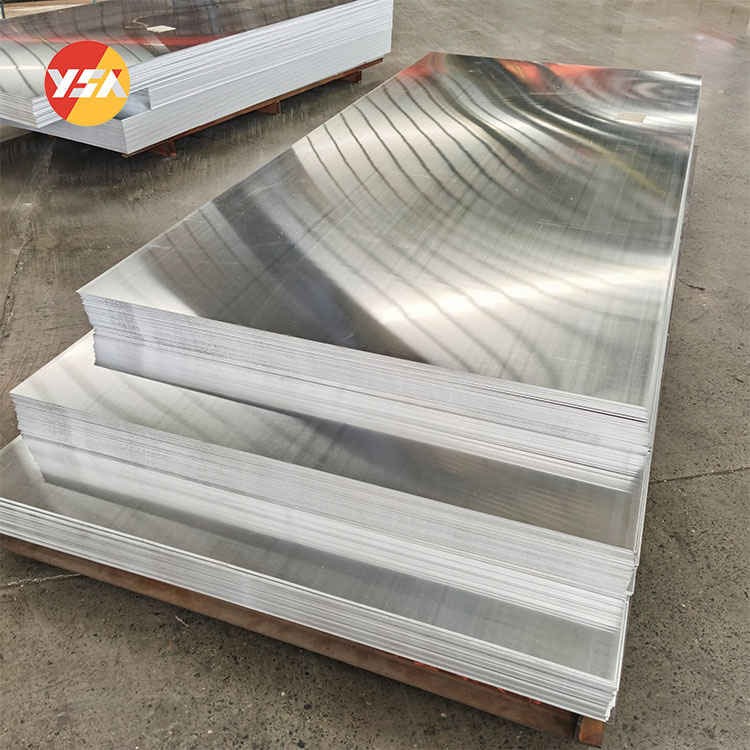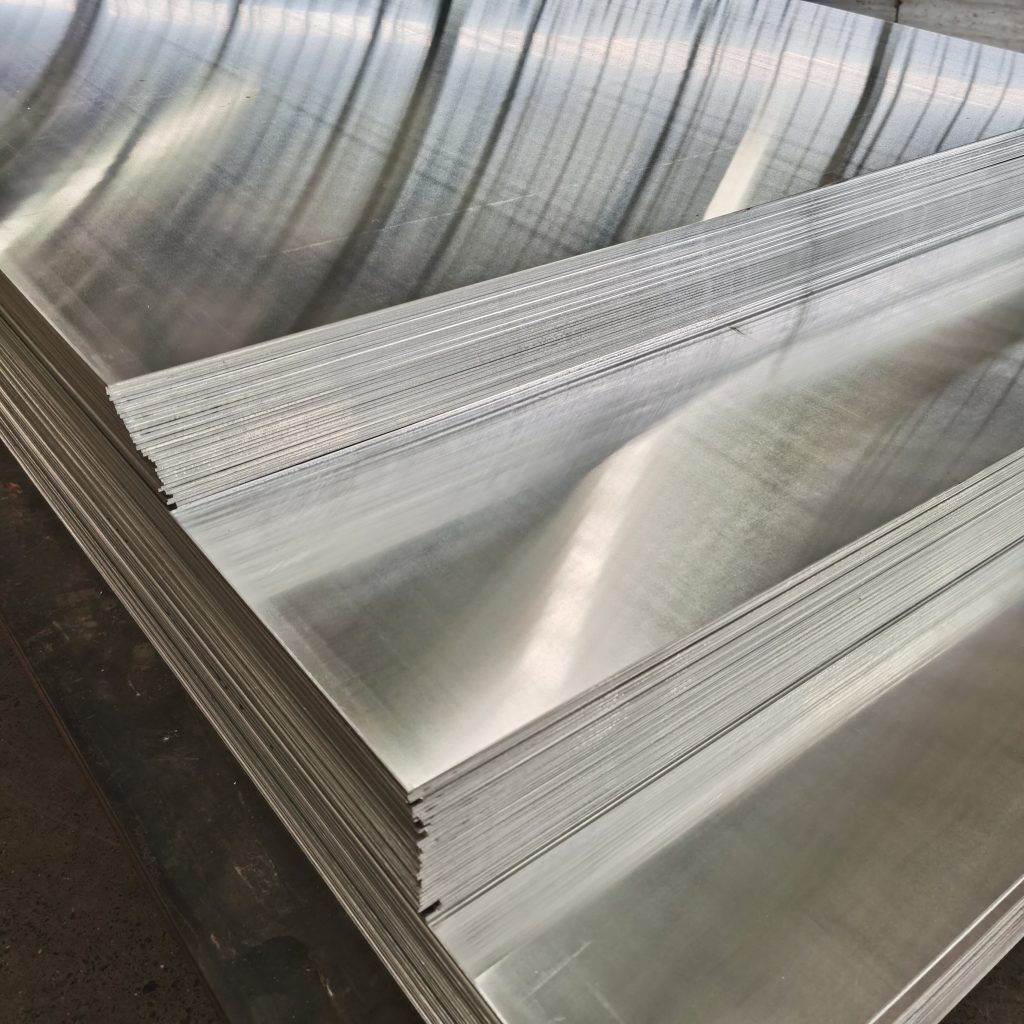Aluminum alloy, a versatile metal known for its lightweight and corrosion-resistant properties, plays a pivotal role in various industries ranging from aerospace to everyday consumer goods. One notable characteristic of aluminum alloy is its non-magnetic nature, distinguishing it from many other metals that exhibit magnetic properties.
Understanding Magnetic Properties
Magnetism in materials arises from the alignment of magnetic moments within their atomic or molecular structure. In metals like iron, nickel, and cobalt, the presence of unpaired electrons and specific arrangements of atoms lead to the formation of magnetic domains. These domains align in the presence of a magnetic field, creating an overall magnetic effect.
Why aluminum alloy is Non-Magnetic
Unlike iron and other magnetic metals, aluminum alloy does not possess these characteristics that enable the alignment of magnetic domains. The atomic structure of aluminum alloy does not include unpaired electrons in a sufficient number or arrangement to create a magnetic field or to interact significantly with magnets. This fundamental property is inherent to aluminum alloy’s composition and electronic configuration.

Practical Implications in Industry
1. Electrical Applications: aluminum’s non-magnetic nature makes it suitable for use in electrical transmission lines and equipment. It does not interfere with electromagnetic fields and is effective in applications where magnetic interference must be minimized.
2. Packaging and Food Service: aluminum foil, being non-magnetic, is widely used in food packaging due to its ability to protect food from moisture and light without affecting the food’s flavor or nutritional value. It is also safe for use in microwave ovens.
3. Aerospace and Transportation: In aerospace engineering, aluminum alloy’s non-magnetic properties are advantageous because they do not interfere with navigation systems or sensitive instruments on aircraft and spacecraft.
Benefits of aluminum alloy’s Non-Magnetic Property
– Corrosion Resistance: aluminum naturally forms a protective oxide layer when exposed to air, enhancing its resistance to corrosion without affecting its non-magnetic nature.
– Lightweight: Being lightweight yet strong, aluminum is favored in industries where weight reduction is critical, such as automotive manufacturing and aerospace engineering.
– Recyclability: aluminum is highly recyclable, which supports sustainability efforts and reduces the environmental impact of production and consumption.

Conclusion
The non-magnetic nature of aluminum is a fundamental aspect of its properties, contributing to its widespread use across diverse industries. From electrical applications to aerospace engineering and everyday consumer products, aluminum alloy’s unique combination of characteristics makes it indispensable in modern manufacturing and technology. Understanding why aluminum alloy is non-magnetic underscores its role as a versatile and valuable material in contemporary society.


